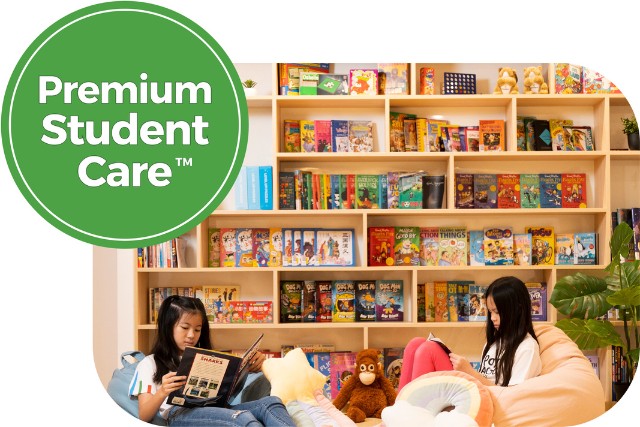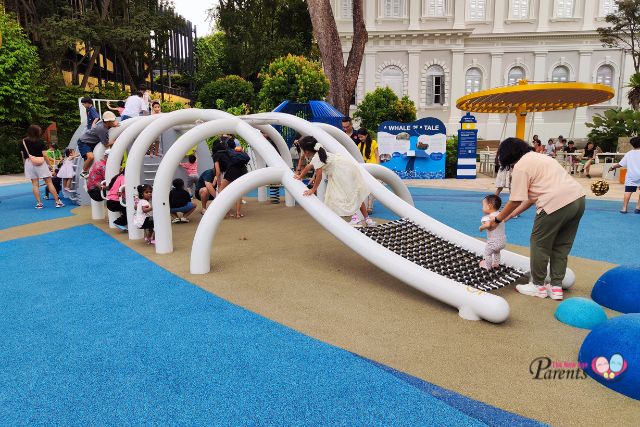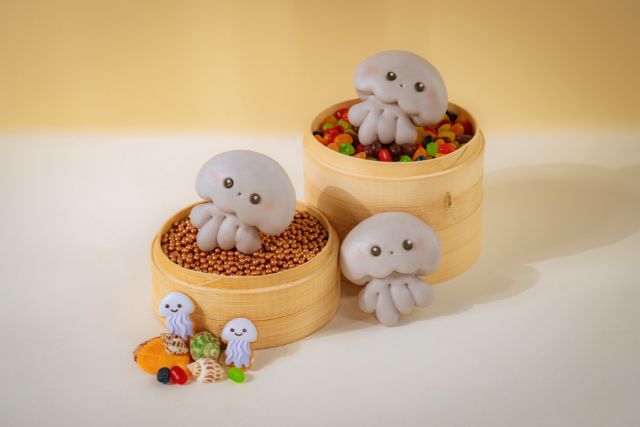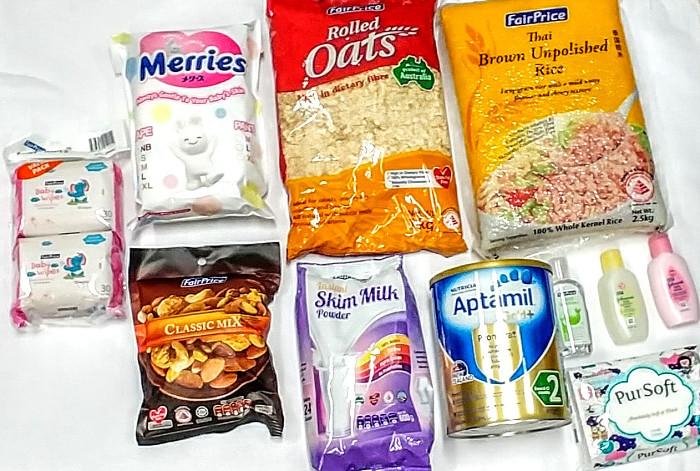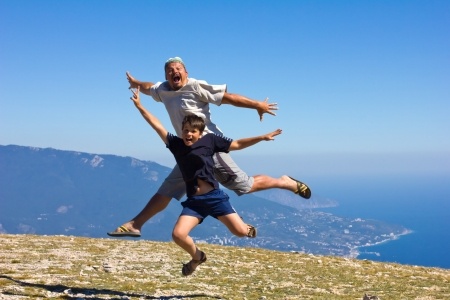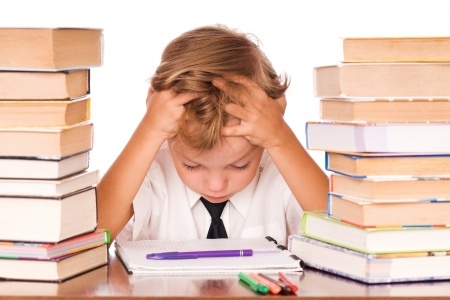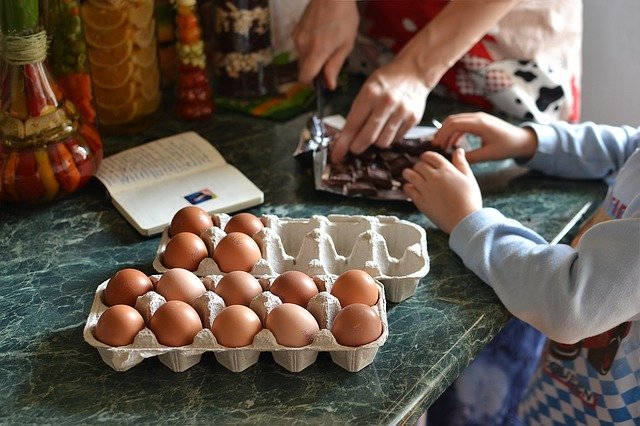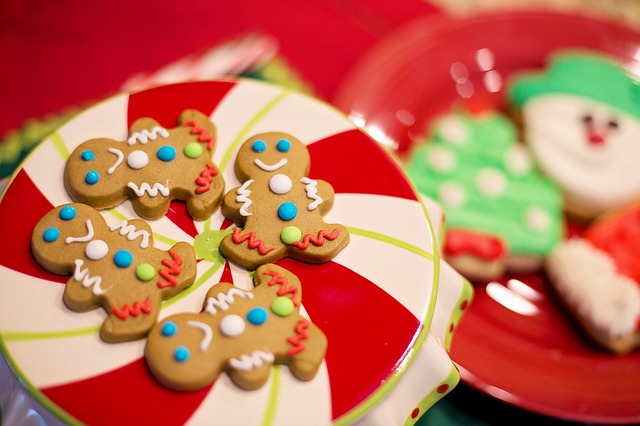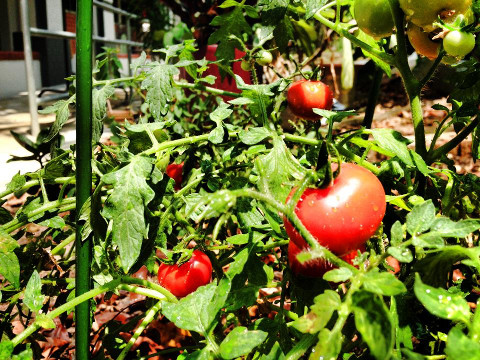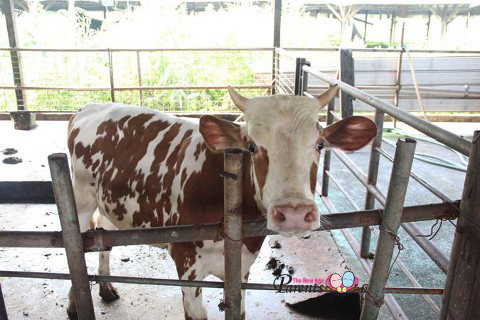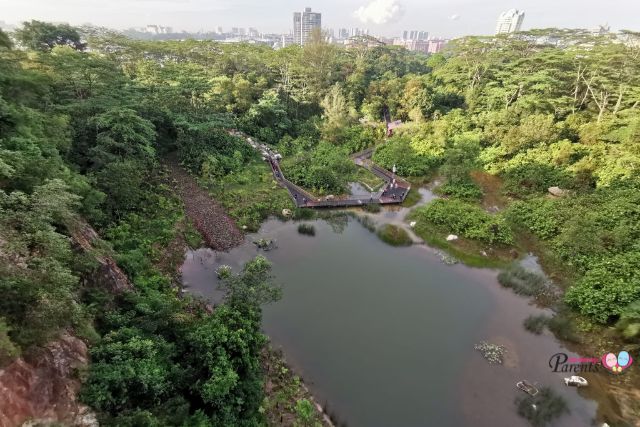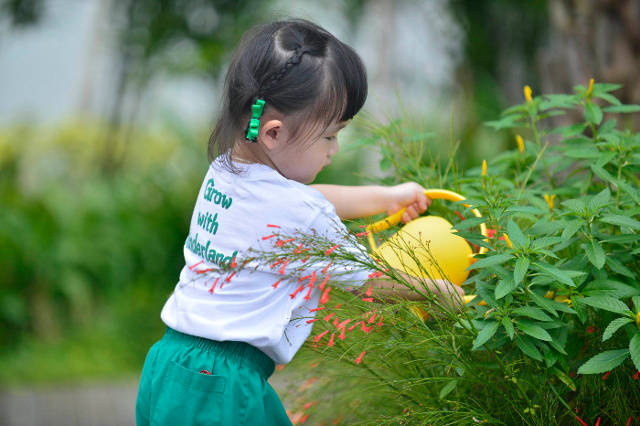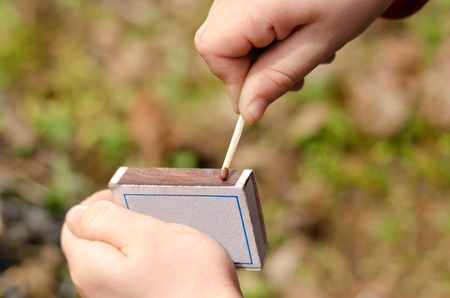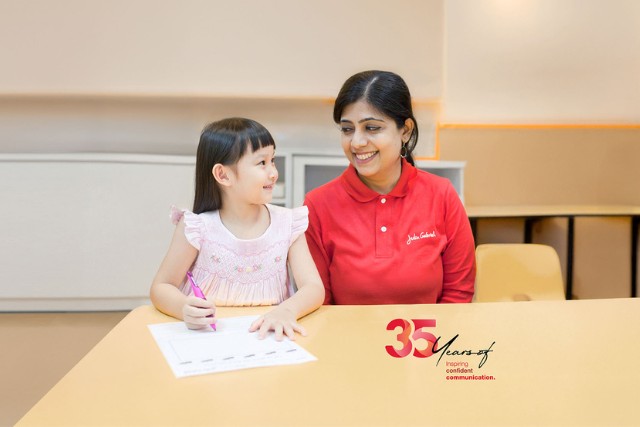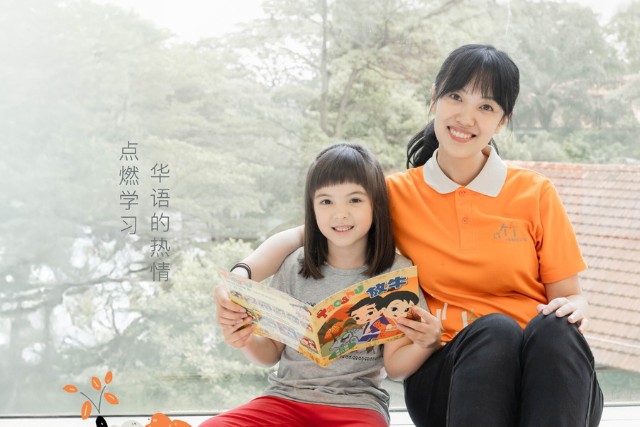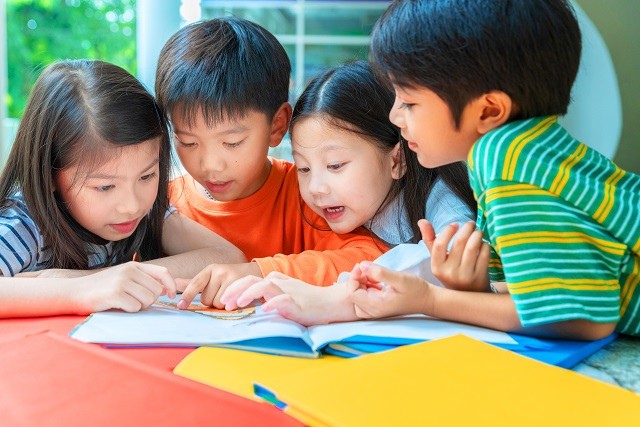I was at the playground in my estate.
A few kids surrounded me as I demonstrated how to make a bracelet from leaves. First, they had to hunt for leaves – any leaves that interest them.
“It is dirty!” a girl said, looking at wet leaves as it had just rained.
Nearby, my daughter was squatting, trimming grass with her scissors. And my son was poking a stick through a leaf-ridden with caterpillar holes.
Clearly, they were oblivious to any ‘dirt’. They know this as nature.
But sadly, many see this as dirt.
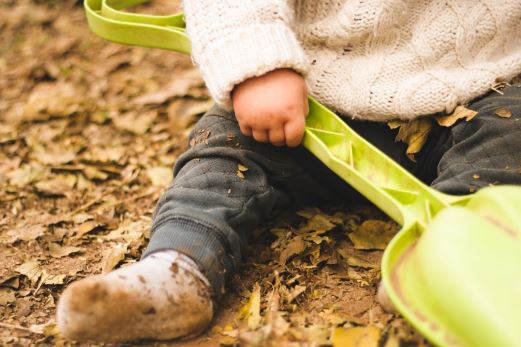
After moving back to Singapore, I realised the parenting culture and education here do not embrace getting dirty. When my daughter came home after her first day at preschool, I opened her bag, expecting to wash off some sand, paint or mud.
To my disappointment, her uniform was clean, so were her shoes. I was disheartened. Parents and teachers here try to keep their children clean.
But the problem is not that kids are dirty, they are too clean. It is scientifically proven that being too clean is not a good thing.
According to the USA Food & Drug Administration (FDA), “The problem with extremely clean environments is that they fail to provide the necessary exposure to germs required to “educate the immune system so it can learn to launch its defense responses to infectious organisms”. Over time, our immune system is compromised.
➡️ Related Read: Boost Your Child’s Immune System
There is an old Chinese saying, “Eat dirty and he will grow anyway” referring to children who are not fussy eaters – perhaps even eating food from the ground – will grow up stronger and more resilient. Modern science has proven it to be not just another old wives’ tale!
There are many barriers to dirty play in Singapore. Parents are fearful of the spread of diseases, especially when many children are in high-density child-care centers.
Teachers do not want children to enter the classroom dirty, nor do they want to sacrifice time to clean them up. Children are increasingly brought up in ultra-clean environments.
At child care centers, toys are sanitised and little hands are doused with anti-bacterial liquid every morning. All these are necessary to avoid the spread of viral diseases. Maybe we, as parents, should do our part to expose their little hands and feet to the good dirt outside.
I always tell parents, “We should worry only about the dirt we can’t see.”
All that we see in nature, such as mud, dried leaves, soil, tree bark, pebbles, seed pods and flowers, they are like vitamins for our immune system. It is perfectly safe for kids to sample these wild treasures.
Especially for the younger ones, who enjoy putting objects into their mouths. By doing so, they learn its texture, taste and if it makes a sound when bitten. The more they explore, the more they learn.
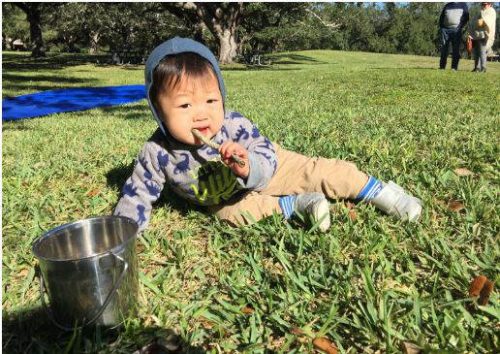 Photo courtesy of Cai Lin Ng
Photo courtesy of Cai Lin Ng
That being said, parents should also be cautious about what goes in, no objects that might cause choking or poisonous items. The next time your kid puts a stick or leave into her mouth, give an encouraging look and observe her reaction!
Not too long ago, my daughter was afraid of getting dirty outside. She has no qualms about getting messy and dirty indoors with paint or food. I remember fondly how her teacher back in Florida wore her shirt in the reversed manner (as the shirt’s front will be smeared in some random colour, she will put the clean side which is the back, to the front) so that my little girl will not look like a tyke for the rest of the day.
However, when she was outside, dirt suddenly seemed different. And she would shun it as far as possible. She is not alone, as I realised after.
Fortunately, getting children like my daughter to love dirt is not half as challenging as getting her to love her greens. Children are born to love nature. All they need is a little nudge, freedom and time.
Start by making it a habit to go outside together, try to venture beyond playgrounds, as a pre-fabricated play structure does not inspire open-ended play as well as being in nature. Start with your child’s interest.
If she likes cars, find a grassy slope to slide the cars down. If he likes superheroes, get a stick and have a stick fight. I bet you all these will end with your child getting dirt one way or another!
When children play, they get dirty and messy. It is part of their learning process.
And the best part? It keeps them healthy.
To end off with a favourite quote of mine, “At the end of the day, your feet should be dirty, your hair messy and your eyes sparkling”.
This article was contributed by Cai Lin Ng.
Cai recently moved back to her sunny island after living in sunny Miami for several years. She is a parent to two kids (1 and 4-year-old) and is also the founder of Our Backyard (www.our-backyard.com) – a community that is on a mission to bring families and kids closer to nature.
* * * * *
Like what you see here? Get parenting tips and stories straight to your inbox! Join our mailing list here.
Want to be heard 👂 and seen 👀 by over 100,000 parents in Singapore? We can help! Leave your contact here and we’ll be in touch.















